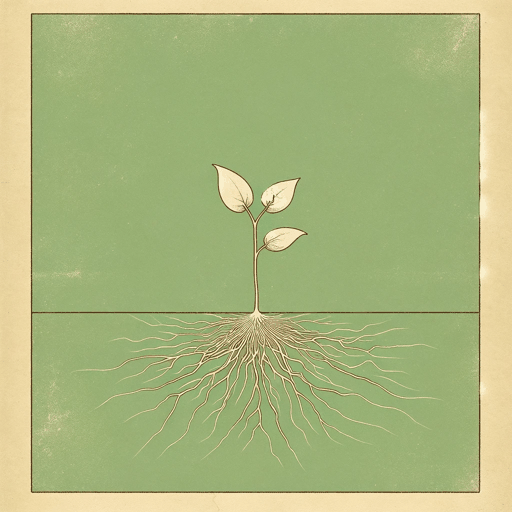49 pages • 1 hour read
Dolly ChughThe Person You Mean to Be: How Good People Fight Bias
Nonfiction | Book | Adult | Published in 2018A modern alternative to SparkNotes and CliffsNotes, SuperSummary offers high-quality Study Guides with detailed chapter summaries and analysis of major themes, characters, and more.
IntroductionChapter Summaries & Analyses
Introduction Summary: “Good-ish People”
The Person You Mean to Be opens with an anecdote: Rachel Hurnyak, a queer woman, dreaded having to accommodate the emotions of her straight white colleagues after the mass shooting at the Pulse, a gay nightclub in Orlando, Florida. Rachel sensed that her colleagues, who saw themselves as good people, would need her validation, even as she was the one who needed support. Dolly Chugh uses the Pulse shooting as a point of departure for her discussion of identity claiming—how individuals want to be perceived by others (be it their race, ethnicity, gender, profession, or another identity). People crave having their identities seen and acknowledged, a phenomenon known as identity granting. By contrast, not having our identities granted—self-threat—results in anxiety. Studies show that the need to have our identities affirmed overrides our desire to be good (4). The need for affirmation rises when people feel that their identities are being challenged, which explains the reactions of Rachel’s colleagues.
Chugh studies the psychology of good people focusing on how people maintain their identities as good despite behaving badly. Some maintain their good identities by donating to social justice causes, supporting people from marginalized groups, and challenging the status quo.
Featured Collections
Books on Justice & Injustice
View Collection
Class
View Collection
Class
View Collection
Common Reads: Freshman Year Reading
View Collection
Community
View Collection
Contemporary Books on Social Justice
View Collection
Equality
View Collection
Psychology
View Collection
Self-Help Books
View Collection

